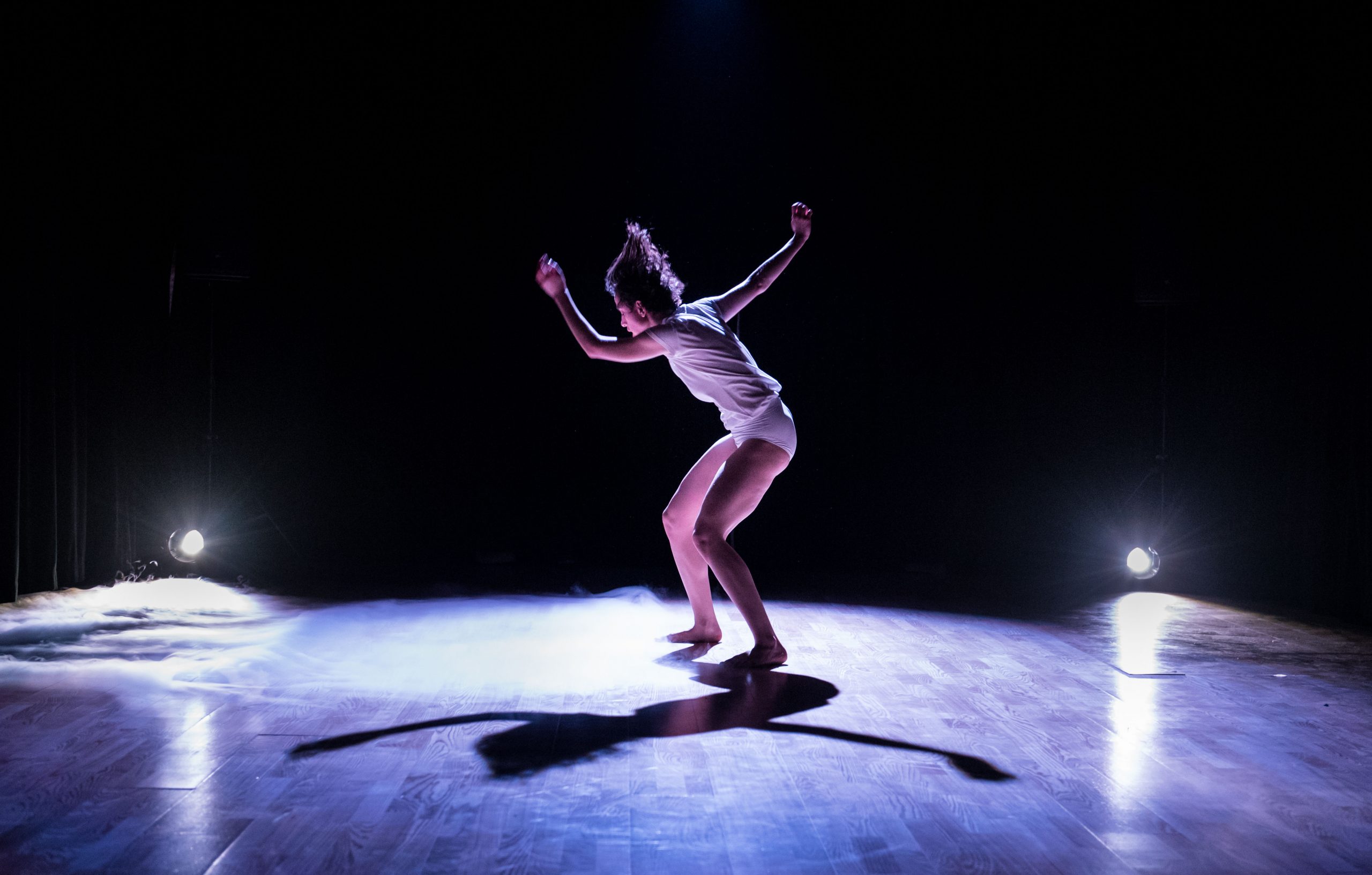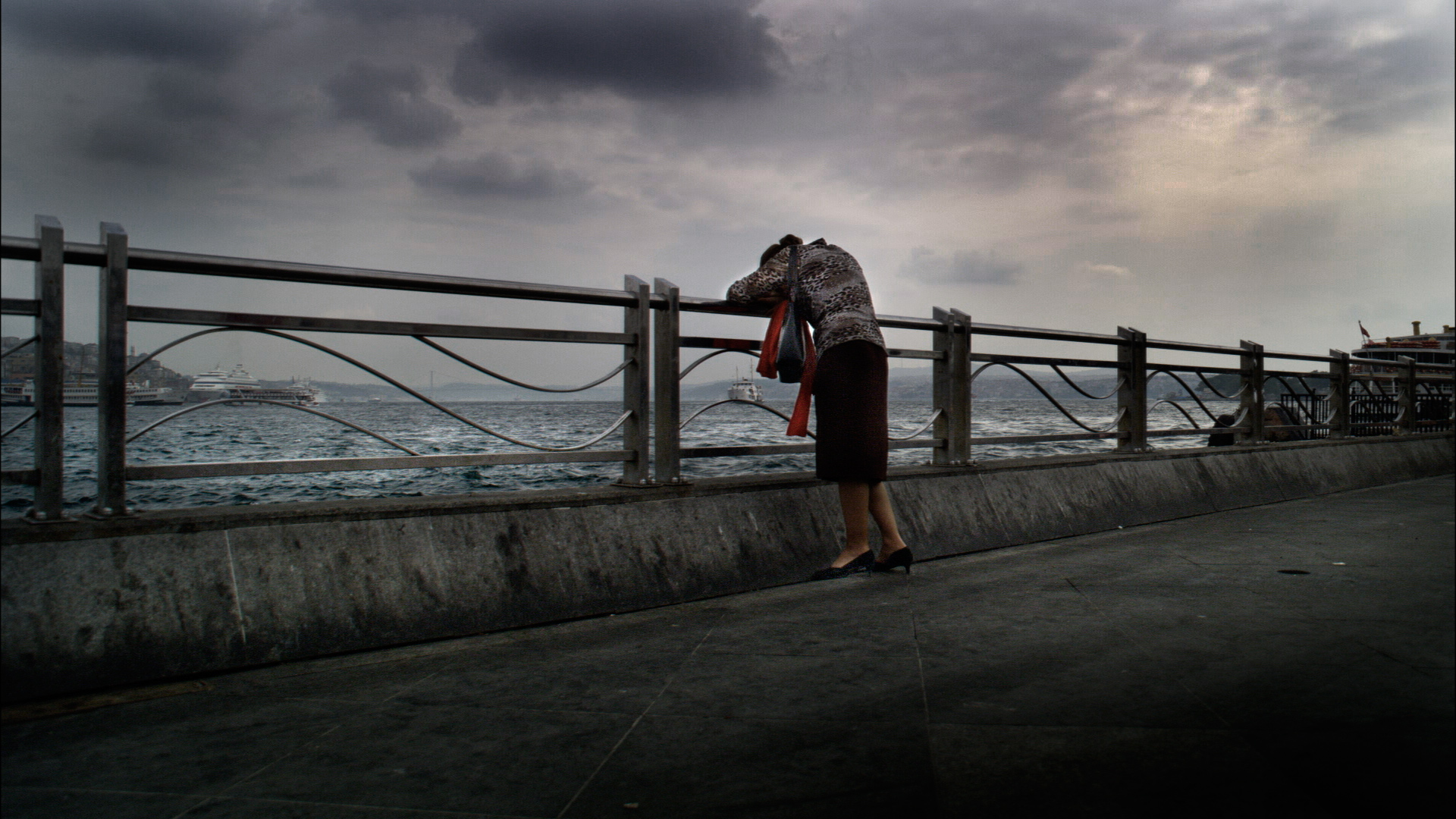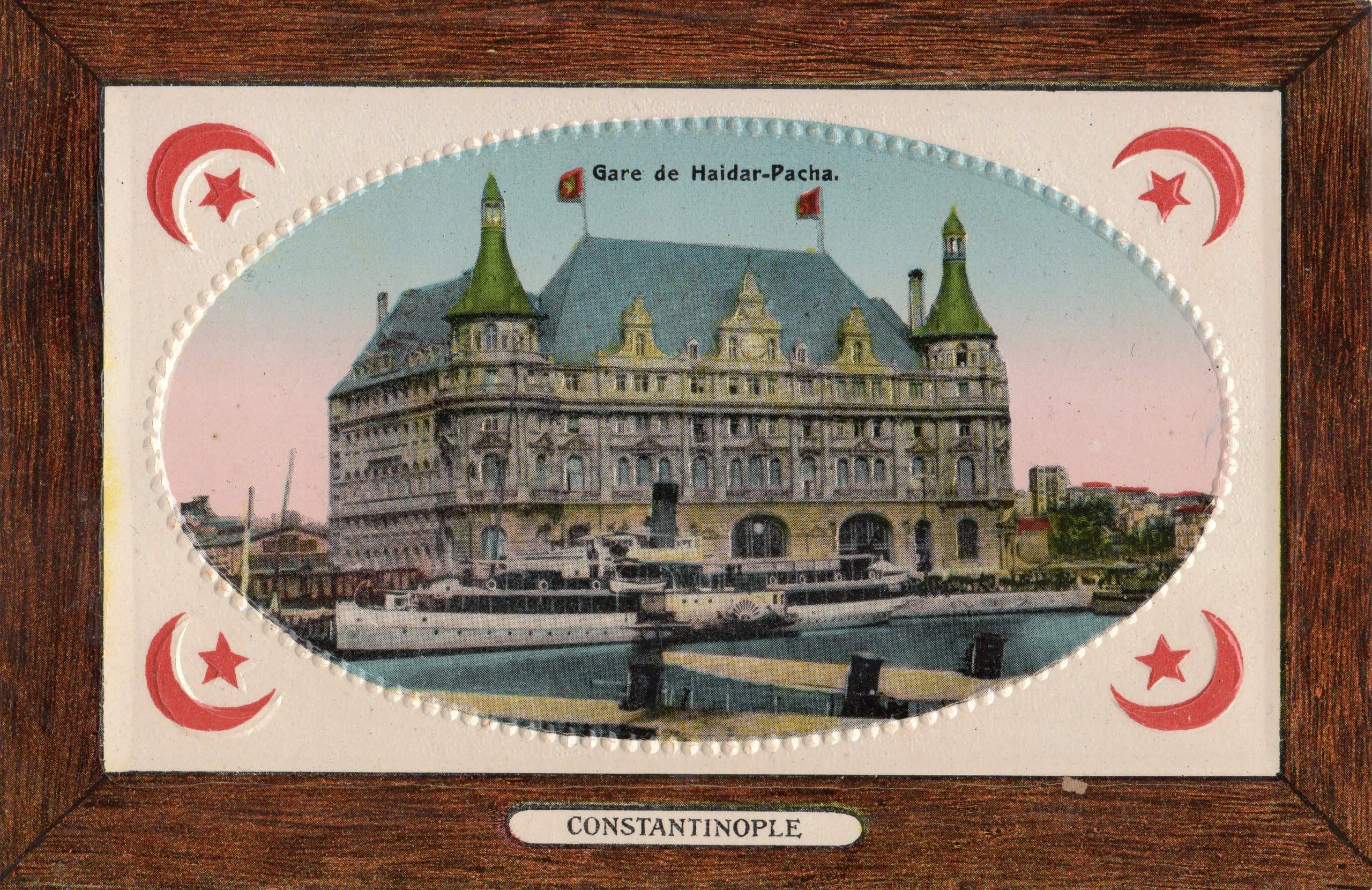Istanbul Theatre Festival, the 23rd of which will take place this year, used to be organized every two years at the end of spring to the beginning of summer. Since 2016, under the direction of Leman Yılmaz, it started to be held every autumn. The content has also changed. In the past, there were fewer large foreign productions, but now we find more. At the same time, there is also room for small scale, innovative productions. Lately, dance and performance became a greater part of the theatre festival. In this sense, we could say that we have a more dynamic theatre festival that follows the changing trends in the performing arts closely. Thus, the 23rd Istanbul Theater Festival offers us a fresh, colorful and a diverse range of exciting projects.
The Theatre Festival running from November 13th to December 1st, brings together 28 performances, 12 of which are from abroad and 16 from Turkey. The theme of the festival is “inside-out”. The plays that are selected according to this theme go beyond traditional staging methods and question, “Who is the actor?”, and “Where is the stage?” In this article, I’m going to take a closer look at ten works that I think will be the most interesting, unusual and impressive out of the 28 performances.
In recent years, documentary theatre has become popular, especially in Europe. This genre often feeds from the theme of “migration” and “immigration”, which is a sociological and humanitarian issue Europe has been dealing with for a long time. The genre also focuses on real issues that immigrants deal with in their new country, and often the people whose stories are used become the actors and tell their own stories. The Greek production Clean City is such a work. The directors Anestis Azas and Prodromos Tsinikoris approach the immigration issue in Greece through the women who have immigrated there. The production presents the stories of five immigrant women who make their living in Athens through cleaning. Having appeared in many venues around Europe, including one of the most important theatres called Maxim Gorki, Clean City examines the concepts of “cleanliness, purity”, and questions if “a better life is possible?”
Pushkin’s Yevgeny Onegin is a verse novel, published in series between 1825 to 1832. It is one of the greatest classics of Russian literature, and it is also known as the “encyclopedia of the Russian life style”. In the novel, the life style, habits and moods of 19th century Russian people, both urban and rural, is told through the experiences of a man called Yevgeny Onegin who is a snob from St. Petersburg, living in a rural mansion he inherited from his uncle. Unrequited love, selfishness and tragedy stemming from pride are the main themes of Onegin. The famous Russian director Rimas Tuminas has set up an expressionist, imaginative and highly conceptualized staging method at one of Moscow’s major theatres called Vakhtangov and staged this production full house for two years. This gigantic production casting 45 people is highly praised for its visual impact and actors. The meticulousness of the details and the music composed by Faustas Latenas, which harmonizes Tchaikovsky and Shostakovich’s pieces, are considered to be the great highlights of this gigantic production. If I were to watch a single play at the festival, I would choose Yevgeny Onegin.
The festival is housing another “crazy” project titled The Circus by the Russian director Maxim Didenko, considered to be one of the young generation’s talents of Russia. Didenko adapted a 1937 Russian film titled The Circus, known to be Stalin’s favorite film to stage. Didenko defines the genre of the production as “retro-futurist”. In the story, the character, playing an American actress who is thought to be a reference to Marlene Dietrich, arrives to Russia with the show called The Flight to the Moon. Ingeborga Dapkunaite, the leading actor of the production, who imagined the Soviet Union to be a gigantic utopian palace, starred in Hollywood productions and several television series, including the BBC. The Circus brings together different genres of performing arts, such as theatre, musical, acrobatics and circus and received a positive reaction for its musical score. This other gigantic Russian production is also another one that shouldn’t be missed at the Istanbul Theatre Festival.
Traptown is a dance film directed by the Belgian choreographer Win Vandekeybus. The story is based on the clash between two tribes, one of which is trying to oppress the other. The choreographer describes this work as a “modern myth”, where the action on the stage is intertwined with what’s happening on the screen, establishing a different/unique relationship between the stage and the film. Traptown uses text and acting in addition to the dance that we’re used to in order to tell a story about oppression. The starting point is the fact that today’s people have had “enough” of the oppression that they feel (on a daily basis) and this outcry is spreading globally every day. In recent years, Belgians have been producing unique, creative and unusual works at performance art festivals all over the world. Traptown is an important example of this small country’s unique take on performing arts.
An interesting play based on the works of Ionesco, the father of existentialist and absurd theatre, is coming from France. This Theater de la Ville-Paris Ensemble production “Ionesco File” is obviously handled with a strict dramaturgy work. We have a text/script that is adapted from the author’s following works: Frenzy For Two, or More, The Bald Soprano, Jack, or The Submission, Conversation and French Exercises. The director Emmanuel Demarcy-Mota, who will also receive one of the festival’s honorary awards this year, has approached the play as an experiment in which he plays with what he can do with the script and the seven actors’ improvisation skills. Ionesco-esque issues, such as the difficulty of existence, the randomness of language, the expression of power, are blended with absurdity, hilarity, fear and loneliness, presenting a unique, bold and unexpected play. Those who appreciate absurdity shouldn’t miss this production.
“Being Faust-Enter Mephisto” is the most technically innovative and contemporary play of the festival, because it is played with smartphones. Each spectator is actually playing their own game by downloading an app.In this contemporary adaptation of Goethe’s immortal classic Faust, each audience is conceived as Faust, and steps in the shoes of Faust. The writing of this piece has spread over years. Goethe was inspired mainly by the changes taking place in his life. From the moment you enter the game, your soul is sold to the devil, and one of the most compelling states of humanity, the possibility of the mind to be tempted by desires, the endless choice this possibility creates, and a journey filled with the consequences of each choice begin(s). There is a constant need to choose or exchange things, just like we do in every moment in life.
When it comes to local plays, Şahika Tekand’s Io is attention-grabbing. Io is the opening play of the festival and it is a tragedy unique to Tekand. Approaching mythology from a fresh perspective, she brings the present day man whom she assumes has lost the ability to question the patriarchal world order to the stage. Tekand also takes place as an actor in the play. The relationship between movement and music, the musicality of the speech, and the indispensable elements of the stage, such as the tension between the light, movement and sound are at the forefront.
I find As much to be the most interesting one among the local plays. First of all, it is a site-specific play, taking place at the Kuzguncuk pier! This Project, directed by Özgül Akıncı and produced by Difuzyon & Yoğunluk uses light, sound and performance as the elements of the space. The Kuzguncuk pier is toured by three accompanying actors and we get to witness certain moments that are inspired by King Lear. I’m curious about this work, because it establishes an interesting relationship between the audience and the venue. It also brings Shakespeare to the Kuzguncuk pier, which is an unusual/refreshing choice.
Melis Tezkan and Okan Urun’s art society titled “Biriken” has been creating interesting and original works both in Turkey and in France for the last 13 years. They make installations or videos using either their texts or other well-known scripts to produce works that are creative, timeless and thought-provoking. Biriken is attending the festival with Özen Yula’s play titled For Rent. During the last year’s festival, the same text was presented to the audience as a reading theatre. For Rent is set in a park in the middle of a big city, where young men prostitute at night. We witness the intersecting stories of the youth, who try to exist in economic and immigration difficulties, through a witty, poetic and non-sequential narrative. I am confident that this particular text about what one chooses to do or affords to do for a better life has turned into a very successful production.
Another work that is current and different due to the issue it portrays is Incendies, directed by Murat Daltaban, produced by Bursa Nilufer Kent Tiyatrosu. The director, writer and actor Wajdi Mouawad, known by the festival audience since 2017, brings this script about the Lebanese Civil War, which happened between 1975-1990, to stage, through a family that lived during the war. The Middle East is portrayed as a pot that is constantly boiling and Lebanon somehow always ends up in the middle of this pot. The recent protests happening in Lebanon remind us that it is a geography that will never find tranquility. Plays directed by Daltaban are always smart, meticulously handled and enjoyed.
I’m sure there will be other great plays at the festival that I didn’t have the chance to explore here. Our Theatre Festival, which brings color and life to our city gets better every year. Don’t miss out!
For more info:







